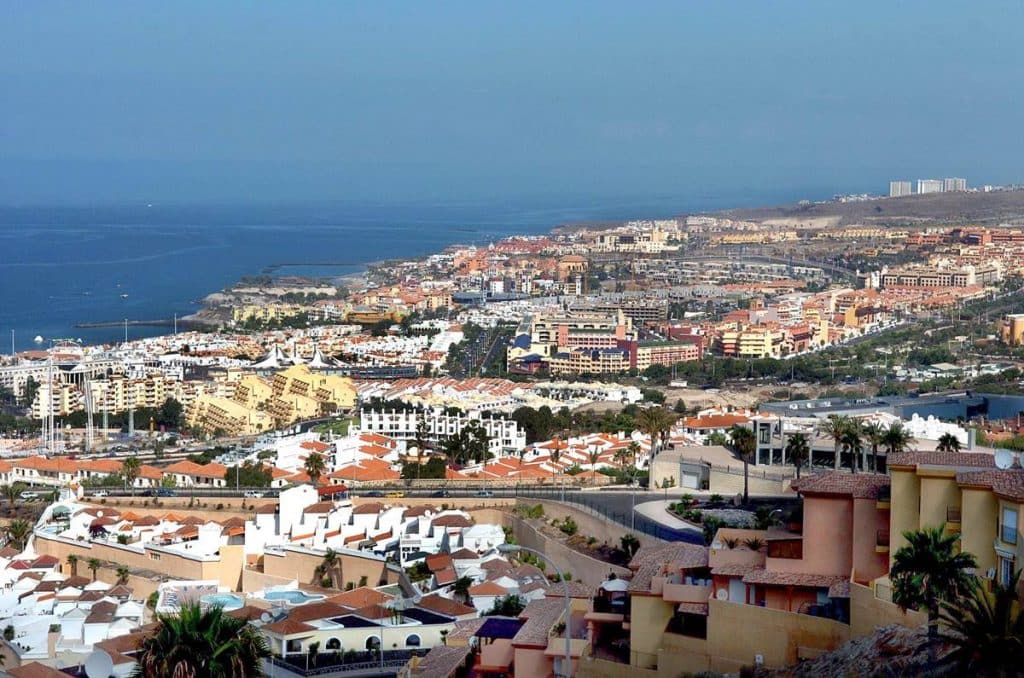Until last February, the State had allocated more than 349 million euros through the Spanish Government’s Recovery, Transformation and Resilience Plan, financed with EU Next Generation funds, which have enabled the development of 6,065 projects in the Canary Islands and to boost its economy, one of the “hardest hit by the pandemic”.
The government delegate in the Canary Islands, Anselmo Pestana, who gave an update on the actions carried out with these funds in the archipelago, recalled that the islands have received 1,732 million from the aforementioned plan, of which 1,383 million have been transferred to this autonomous region.
Of the projects that the State, through the Government Delegation, has financed directly, he specified that in the province of Las Palmas the figure rises to 3,100, while in the province of Santa Cruz de Tenerife, there are nearly 3,000.
These figures show that European funds are reaching the territory, where they are needed”, as the Canary Islands were one of the hardest hit by the “coronarivus” due to their production model, based on tourism, which suffered absolute unemployment at the time.
Likewise, this economic injection will lay the foundations for the islands to relaunch their economy and build a new, more sustainable and socially equitable model to emerge from the crisis with greater prospects for the “future and hope”.
For this transformation, he considered it essential to improve the management and use of water resources, to which 111 million euros have been allocated, of which 25 million have been transferred to municipalities to prevent water losses; twelve million to sanitation and wastewater treatment; and seven million for the digitisation of the water cycle.
In the province of Las Palmas, three irrigation modernisation projects are being developed for more than 33.5 million euros, while in the province of Santa Cruz de Tenerife, another seven are being developed for more than 34.5 million euros.
In terms of ecological transition, 467 million euros have been allocated exclusively for the archipelago, said Pestana, who added that this amount has been completed with other lines of funding such as 23 million euros for the promotion of self-consumption and energy storage in homes and businesses.
In the first call for the development of innovative energy storage projects, two projects have been financed in Las Palmas with 3.9 million euros, although the central government is studying new actions for the development of offshore wind energy and geothermal energy.
For sustainable mobility, more than 100 million euros have been mobilised, of which more than 31 million euros correspond to the Moves III Plan for the deployment of electric vehicles and the infrastructure of charging points, as well as 21 million euros for municipalities with more than 50,000 inhabitants for the development of projects aimed at this end.
In terms of tourism, the Spanish Government has transferred more than 136 million euros to make it more sustainable and resilient, and Pestana emphasised the 15 projects that have been financed with more than 75 million euros from the 2021 and 2022 calls for Tourism Sustainability Plans in Destinations, and the 40 million euros earmarked to promote natural parks, biosphere reserves, the protection of biodiversity and the restoration of ecosystems.
The Government delegate also stressed the Canary Islands’ participation in the strategic projects designed by the State, the PERTE, and specifically referred to the Aerospace project, with more than 16 million euros, which will finance the programme to develop a high-altitude pseudo-satellite platform on Fuerteventura and the Single European Sky project being promoted by Enaire.
Pestana also referred to the Government’s commitment to SMEs and the self-employed in the Canary Islands, as evidenced by programmes such as the Digital Kit and the line of financial guarantees from the Spanish Refinancing Company, which have benefited more than 1,500 SMEs and the self-employed with nearly 30 million euros, as well as the projects it is working on to continue promoting the audiovisual sector in the islands.






